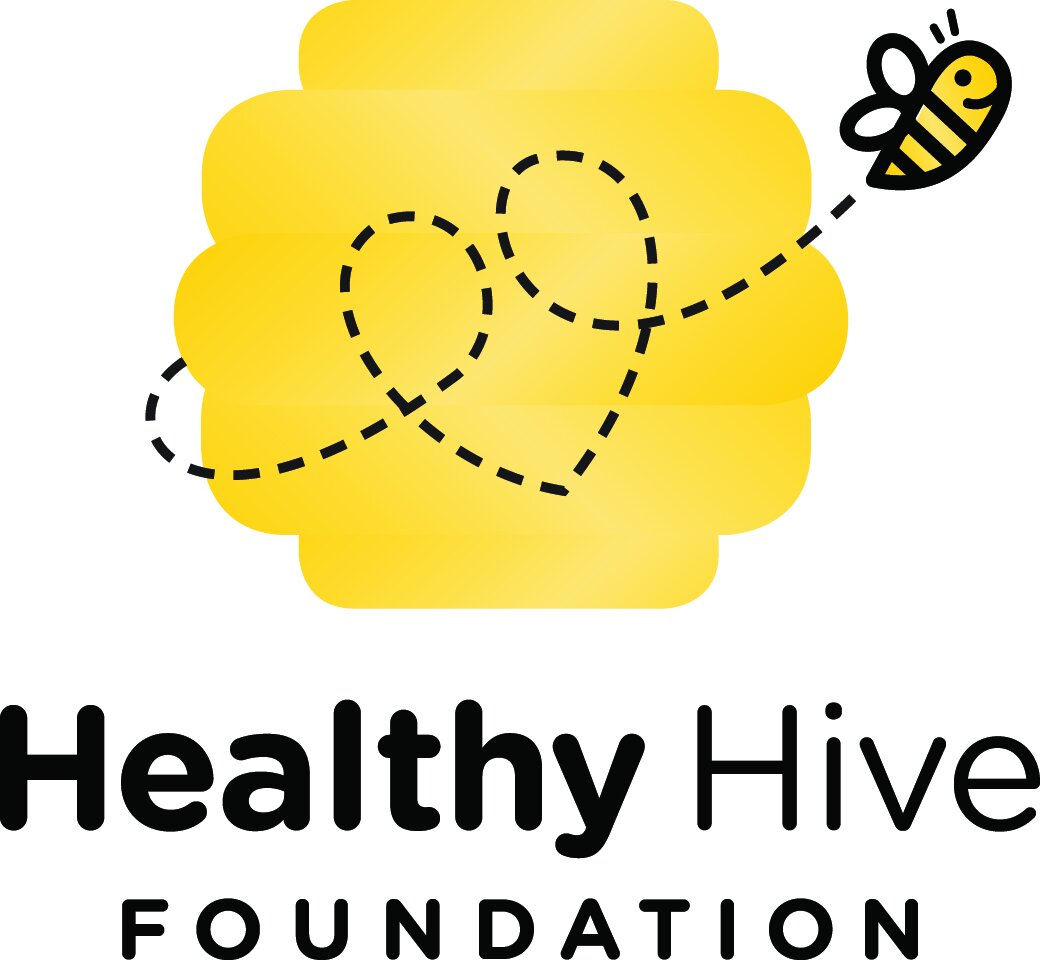Help Save the Bees!
Reposting from Science Daily, source University of Reading, published January 19, 2022
AIR POLLUTION SIGNIFICANTLY REDUCES POLLINATION, CONFUSING BUTTERFLIES & BEES
A new study from the University of Birmingham, University of Reading, and the UK Centre for Ecology and Hydrology made stark findings about how air pollutants may be decreasing the amount of pollinators. While many common air pollutants have been shown to negatively affect human health, this research supports a negative impact on natural ecosystems as well. The study revealed that when common air pollutants like diesel exhaust and ozone were present in an environment, there were 70% fewer pollinators, a 31% overall reduction in pollination, and 90% fewer flower visits possibly because the pollutants change the scents of flowers and make them harder to find. Researchers used a fumigation facility with pollution concentrations below the maximum average levels in an open field to observe this decline in pollination. While these findings are significant, the pollution concentration used was only 40-50% of the limits that US law deems safe for the environment, indicating that the real impact may be much greater. The pollinators most affected by the presence of air pollutants were bees, butterflies, moths, and hoverflies.
Research such as this and sharing these findings is important because insect pollination supports about 70% of all crop species such as apples, strawberries, and cocoa and even supports our economy. Most importantly, pollination is vital to a healthy environment. Luckily, there is always something we can do to help out our earth and our friendly pollinators. You can help limit air pollutants by driving less and taking public transportation, using energy-efficient lights, shopping and eating locally, planting a tree or native plants, using zero VOC paint, and cutting out the use of pesticides and herbicides in your yard!
